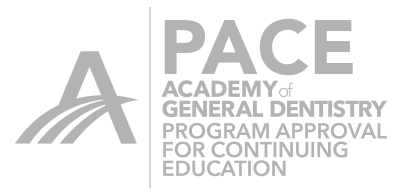Here is the thing with contacts: It’s not so much how many images you take – it’s what you interpret as the data. If you look back at CEREC 1, CEREC 2, etc., there wasn’t even an option to take multiple images. You could take only one image. Did that give you predictable contacts? Yes.
Fast-forward to the Bluecam: You have the ability to take a ton of images. Does that give you predictable contacts? Yes. The question is not how many images to take – the question is, do you know what the images mean? In our workshops, one of the things that I try to instill is that when you take your images, try not to capture shadows on the proximal surfaces. If you have shadows, that means that you didn’t capture the data.
So if I have a case where I’ve captured a shadow, I have a decision to make. Do I now go in and capture additional data by taking additional pictures? I can. Or do I understand that the data on my proximal surfaces is missing and that I should take that into consideration for the design – meaning my wall is going to be false when I image, so I should most definitely overbuild my contact so as not to have an open contact.
Take a look at this case for example:

The proximal wall has no shadows. How much data do you think was captured? How confident are you that what you designed is what you get?
Now look at this case: No information on the proximal wall – the camera is tipped.

Software is going to create a false wall and just drop the wall straight down. You have two options here. 1. Take additional photos. 2. Just know that your data is compromised and build out your contact a bit more knowing that you may have to adjust your contacts in the mouth. But I’d rather adjust the contact a bit instead of having an open contact.

 Sameer Puri D.D.S.
Sameer Puri D.D.S. 